Category: Uncategorized
Class of 2022 earns the first Workforce Readiness and Career Technical Education diplomas


More than 6,000 Idaho students will qualify for the first Workforce Readiness and Career Technical Education (CTE) diploma.
The 2021 Idaho State Legislature created the diploma to acknowledge how CTE programs enhance students’ high school experience and prepare them for the demands of today’s employers. The class of 2022 is the first to earn this designation.
“Idaho employers are increasingly seeking an educational system that better prepares students for the workforce,” said Sen. Dave Lent, R-Idaho Falls. “Since most of our population does not graduate from college, it makes sense to focus on the knowledge, skills, and abilities required for success in the workplace as part of high school graduation.”
To earn the CTE diploma, juniors or seniors must complete all graduation requirements established by the Idaho State Board of Education. In addition, they must complete a capstone course for their CTE pathway, pass a technical skills assessment, pass a workplace readiness assessment, and earn all SkillStack® microcredentials for their pathway or an approved industry certification.
“This new diploma is an opportunity for students to explore high-skill, high-demand occupations in Idaho and earn college credit while still in high school,” said Clay Long, state administrator for the Idaho Division of Career Technical Education. “In the process, they earn employer-recognized certifications, develop technical and employability skills, demonstrate college and career readiness, and enter the world confident in their ability to meet their employer’s needs.”
“Since most of our population does not graduate from college, it makes sense to focus on the knowledge, skills, and abilities required for success in the workplace as part of high school graduation.”
Sen. Dave Lent, R-Idaho Falls
The Workforce Readiness and CTE diploma also helps employers identify candidates who possess the skills necessary to succeed in the workplace and reduce the time and money invested in training new employees.
“This diploma is an example of how education is moving back to relevance and practical application,” said Lent. “Better preparing students for the transition to successful employment also significantly reduces employee turnover.”
Long agrees the diploma benefits students and employers and notes it will help make CTE courses more attractive to students and parents. “Through CTE, we’re training students for well-paying jobs they can find right here in Idaho, which helps employers address critical labor shortages,” said Long.“It’s a win-win-win for the student, their employer, and the state of Idaho.”
Fiscal year 2023 budget signed into law

The Idaho Division of Career Technical Education’s (IDCTE) fiscal year 2023 budget became law last week.
Our budget included several line items, which will be added to our FY 2023 base budget. These items included:
- $702,600 increase to secondary program added-cost funds.
- $127,000 increase to the Idaho Quality Program Standards for additional grants.
- $113,900 increase for an additional program quality manager position (including full benefits).
- $1,020,000 for postsecondary program expansion.
Additionally, JFAC approved a $10 million investment recommended by the governor to continue expanding career technical education in Idaho. While the funds are allocated differently than the governor’s recommendation, it still provides a significant one-time influx of funds to help support CTE. One significant change is the exclusion of the creation of a $5 million fund that would have allowed the Division to fund new secondary programs the school year following their approval.
JFAC’s motion included a $4 million allocation each for secondary and postsecondary expansion and modernization, $1.5 million for developing and building a data management system that integrates with ISEE, and $500,000 for secondary program prioritization and alignment.
Student Leadership Conferences will be held in person


The Idaho Division of Career Technical Education (IDCTE) is continuing its preparation to hold all seven spring Student Leadership Conferences (SLCs) in person in 2022.
IDCTE considers all attendees’ health, safety, and well-being to be of the utmost importance. Further, we’re committed to providing a safe, productive, and welcoming environment at each event. Therefore, we’ll follow the recommendations of national, state, and local health agencies and the policies of the venues hosting our events. (A complete list of events and locations is available on our website.) Because of the rapidly changing nature of the pandemic, we reserve the right to modify policies around masking and social distancing at any time.
We’ll continue to monitor and update safety precautions as the situation changes and will work diligently to communicate any changes as they occur.
Idaho teachers, students, earn accolades at the HOSA International Leadership Conference

Four teachers and 10 students from Idaho earned accolades at the virtual HOSA International Leadership Conference held June 23-26, 2021. The conference featured general sessions, workshops, and competitive events that focused on leadership, professional, and technical skills.
Highlights included inducting Meridian Medical Arts Charter School teacher Carie Staub into the HOSA Hall of Fame. Staub, a licensed athletic trainer, teaches health sciences and sports medicine, serves as a HOSA advisor, and sits on the HOSA board of directors and the planning committee for the state leadership conference.
The HOSA Hall of Fame was created to honor and recognize individuals and companies who have rendered outstanding service to HOSA, health and biomedical science education, and the health industry. Each year, one chartered association advisor, one local advisor, one member, one alumnus and one partner is inducted into the Hall of Fame; Staub was inducted as a local advisor.
“Carie was committed to ensuring this year’s virtual State Leadership and International Leadership conferences looked and felt as normal as possible for all students during an unpredictable year,” said Stephanie Mai, Idaho HOSA state advisor. “She continually dedicates her free time to grow and develop opportunities for her own students, as well as all HOSA members. Idaho HOSA would not be the same without her profound knowledge, spirit and commitment.”
Three other Idaho teachers received recognition during the June 26 awards session:
- Blake Gaudet, Outstanding Local Advisor (Secondary), Meridian Medical Arts Charter High School, Meridian
- Rene Rambur, Outstanding Local Advisor (Postsecondary), College of Southern Idaho, Twin Falls
- Olivia Swainston, Outstanding HOSA Leader, Idaho State University, Pocatello
Idaho students also earned awards and honors at the international conference:
Postsecondary/collegiate division:
- Soraya Berry, 2nd place, Job Seeking Skills, College of Southern Idaho, Twin Falls
- Kassandra Klimes, 5th place, Dental Science, College of Southern Idaho, Twin Falls
Secondary division:
- Madison Boring, Silver Service Award (175-249.9 service hours), Canyon Ridge High School, Twin Falls
- Xavier Christy, $1,000 scholarship recipient from the Association for Career and Technical Education Health Science Education Division, Meridian Medical Arts Charter High School, Meridian
- Kyra Deville, Bronze Service Award (100-174.9 service hours), Canyon Ridge High School, Twin Falls
- Angel Dominguez, 1st place, Job Seeking Skills, Grangeville Chapter
- Hailie Goldthorpe, Silver Service Award, Mountain Home High School, Mountain Home
- Wency Suo and Karoline Yang, 6th place, Health Career Display, Boise High School, Boise
- Cynthia Zepeda, Bronze Service Award, Canyon Ridge High School, Twin Falls
“We’re really proud of our students and how well they adapted to the virtual events and competitions,” said Jessie Kellogg, Idaho HOSA manager. “We know how hard they had to work to overcome the obstacles of the past year.”
Idaho CTE students bring home 8 medals from national competition
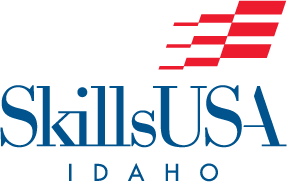
Forty high school and college-level career and technical education (CTE) students from across Idaho qualified for the 2021 SkillsUSA National Championships. Of the qualifiers, 17 students finished in the top nine for their competition, and eight students placed in the top three.
“This year’s accomplishments prove that even in a virtual year, our members are empowered to succeed, no matter the format or obstacles placed in front of them,” said Daniel Kelly, state manager for SkillsUSA Idaho.
The 57th annual competition, held virtually June 21-24, showcased CTE students from across the country competing in trade, technical and leadership events. During the competition, students worked against the clock and each other, proving their expertise in occupations such as electronics, computer-aided drafting, precision machining, medical assisting and culinary arts using testing competencies set by industry.
All contests were run by SkillsUSA, a nonprofit partnership of education and industry founded in 1965 to strengthen America’s skilled workforce. Driven by employer demand, SkillsUSA helps students develop necessary personal, workplace, and technical skills grounded in academics. Statewide, SkillsUSA Idaho has 898 student members representing 25 chapters. Members have consistently demonstrated their expertise and professionalism while participating throughout the year in various leadership and competitive conferences.
“I’m really proud of how our advisors and students stuck with it through a challenging year while continuing Idaho’s legacy of leadership at the national level,” said Chet Andes, state director for SkillsUSA Idaho.
In addition to receiving gold, silver and bronze medals, many top students also received prizes such as tools and scholarships to further their careers and education.
The following students finished the 2021 state conference with outstanding accomplishments:
Gold medals:
- Ashleigh Anderson, Automotive Refinishing Technology, North Idaho College, Coeur d’Alene
- Carter Meyers, Automotive Service Technology, Idaho Falls High School, Idaho Falls
- Christian Soulsby, Internetworking, Dennis Technical Education Center, Boise
Silver medal:
- Brett Williams, Diesel Equipment Technology, Cassia Regional Technical Center, Burley
Bronze medals:
- Logan Farley, Collision Repair Technology, North Idaho College, Coeur d’Alene
- Maxwell Fisher, Information Technology Services, Dennis Technical Education Center, Boise
- Spencer McConnell and Gavin Prasch, Cyber Security, Dennis Technical Education Center, Boise
Finalists:
- Alyssa Doering, T-Shirt Design, Meridian Technical Charter High School, Meridian
- Brooklyn Grant, Computer Programming, Meridian Technical Charter High School, Meridian
- Richard Huber, Automotive Refinishing Technology, Kootenai Technical Education Campus, Rathdrum
- Audrey Norris and Mason Tolley, Interactive Application and Video Game Design, Meridian Technical Charter High School, Meridian
- Hayden Reed, Telecommunications Cabling, Dennis Technical Education Center, Boise
- Ransom Robertson, Collision Repair Technology, Kootenai Technical Education Campus, Rathdrum
- John Saccomando, Technical Computer Applications, Meridian Technical Charter High School, Meridian
- Sean Varie, Electronics Technology, Meridian Technical Charter High School, Meridian
Idaho achieves the Gold level of SkillsUSA’s State Standards of Excellence program

Idaho is one of 23 state associations to achieve the Gold level of SkillsUSA’s State Standards of Excellence program for 2020.
SkillsUSA is a career technical student organization (CTSO) dedicated to improving the quality of America’s future skilled workforce through the development of personal, workplace, and technical skills grounded in academics. Students participate in activities and competitive events designed to prepare them for leadership in the world of work. Membership is organized into chapters at participating high schools and postsecondary institutions; these chapters are overseen by the state association, for which the State Standards of Excellence program is designed.
Now in its fourth year, this non-competitive program encourages state associations to meet organizational, governance, and fiscal responsibility standards, thus benchmarking their performance and determining improvements to serve their members best. Though the SkillsUSA Idaho state association earned a Silver level in 2019, this is the first time the Idaho state association has achieved the Gold level. The achievement is especially notable given the challenges created by the coronavirus pandemic during the 2019-2020 school year, including canceling the State Leadership and Skills Conference (SLSC) in 2020, planning a virtual SCLC in 2021, and transitioning competitive events to a virtual environment.
“Earning the Gold Standard of Excellence really shows the commitment of everyone involved in SkillsUSA across the state of Idaho and provides a very bright spot during a difficult year,” said Chet Andes, SkillsUSA Idaho state association director. “It’s a sign of good things to come, and we’ll emerge stronger as an organization and state.”
Daniel Kelly, CTSO manager for SkillsUSA Idaho, echos Andes’ sentiment.
“To me, this shows that SkillsUSA Idaho’s members are truly Champions at Work. Even in a virtual year, we’re able to attain greater goals and challenges constantly,” said Kelly. “Achieving the Gold level Standards of Excellence for the first time is testament to the strength of our association, our teachers, and our students, who are empowered to succeed every day.” For more information about SkillsUSA, visit skillsusaidaho.com or skillsusa.org.
CTE helps horticulture student’s passion and career bloom
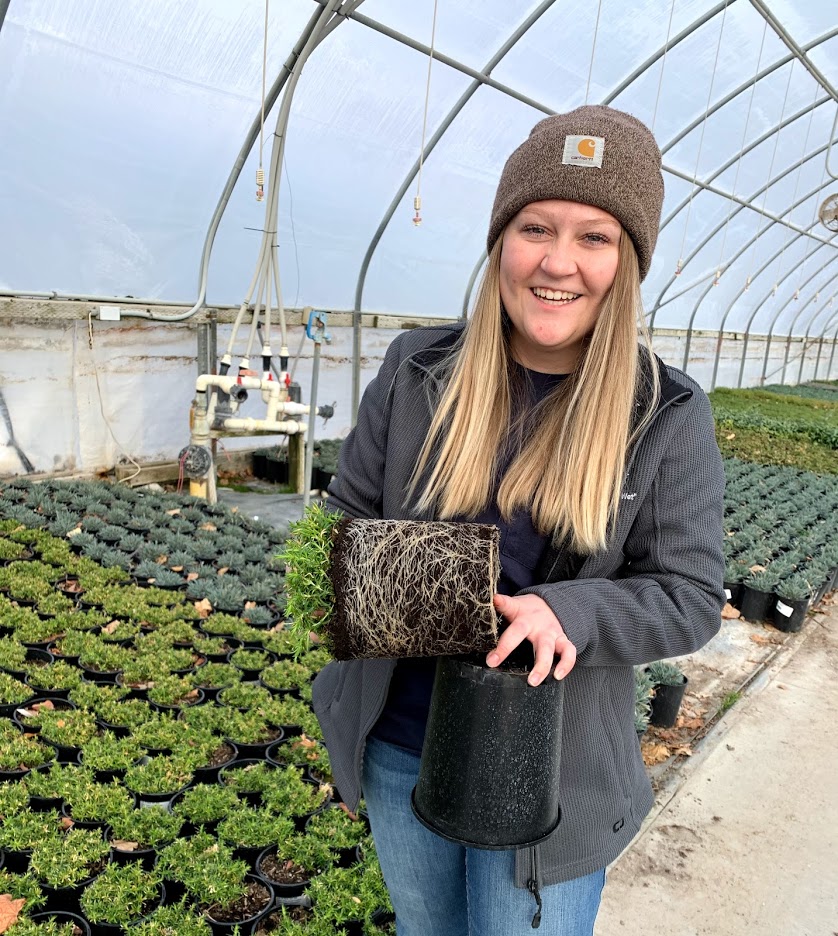

“I love my job. I love getting to work with plants and watch them change throughout the year.”
Ellie Garrard
Ellie Garrard didn’t set out to be a horticulturist. When she graduated from Burley High School in 2017, she chose to go to the College of Southern Idaho (CSI) because it was close to home. She was introduced to the idea of horticulture from one of the leaders of her youth group at church who had a degree in horticulture, and Garrard was fascinated with the massive gardens she kept.
“I liked that she could make her own schedule, and she really inspired me to work with plants,” said Garrard.
But it was not the image of perfect gardens that made Garrard decide to pursue a degree in horticulture herself—it was the idea of climbing trees with a chainsaw.
“I’m kind of a small person; I’m just five feet tall,” said Garrard. “But the thought of someone like me being able to climb a tree with a chainsaw like any big, burly man kind of excited me.”
Garrard soon fell in love with the different ways to climb trees. Her professor, Chance Munns, taught her how to tie different knots and use lanyards to climb trees. For one class, Garrard got to climb one of the biggest cottonwood trees on campus; she was one of the only students to reach the top.
“I was so excited! It made me want to buy climbing equipment and a chainsaw,” she said.
To make sure horticulture was a good fit, Garrard interned for a tree pruning service one summer. She learned how to completely take down trees, install sprinkler systems and lay sod.
“I loved it, but it was really hard on my body,” she said. “In the process, I discovered I was really good at pruning fruit trees, though.”
While Garrard pruned fruit trees for friends and neighbors while she was going to CSI, she had no idea it would eventually play a large role in her career. When Garrard graduated from CSI with an Associate of Applied Science degree in horticulture in the spring of 2019, she moved home for a few months to plot out her next move. Her mother ran into an acquaintance from church who owned Teton Trees. They had an opening for a pesticide applicator that had gone unfilled for months.
“As it turned out, pesticide application was the only class I wasn’t able to take at CSI,” said Garrard. “But the position had been open for several months, and they said they were willing to train me, so I took it.”
At first, Garrard was hesitant because the pest control side of horticulture was so new to her.
“I also didn’t know how much I’d remember from school. I didn’t know the names of all the weeds and leaves or how to determine what kind of bug was causing damage, but I kept at it,” Garrard said.
Her hard work paid off, and Garrard was soon promoted to assistant grower of plant health.
“When I realized I did have the training and knowledge that were needed in a plant health position, those skills—like pruning—really came back,” she said.
In fact, Garrard wrote Teton Trees’ employee pruning guide to ensure all pruning crews were following the same standards companywide.
“At our smaller location, we only have one or two pruning crews, but in Paul, there are three or four pruning crews, and many of them only speak Spanish,” Garrard said. “I wrote the guide and worked with some translators to ensure all our employees were following the same standards.”
Like the plants she tends, Garrard is thriving in her new role.
“In horticulture, there’s a lot of on-the-job training, and we learn a lot from consultants,” said Brett Bingham, Teton Trees’ general production manager and Garrard’s supervisor. “Ellie has a great attitude, and she caught right on. She helps with soil fertility, plant health and pesticide application. She knows what to look for and communicates with other professionals to get her job done.”
Garrard may not have set out to grow picturesque gardens, but as it turns out, she’s still surrounded by beauty.
“I love my job. I love getting to work with plants and watch them change throughout the year. In the shrub yard in the fall, the color stays pretty for a long time,” said Garrard. “I’m always surrounded by acres and acres of pretty plants.”
ISU robotics program prepares grad for career and promotions
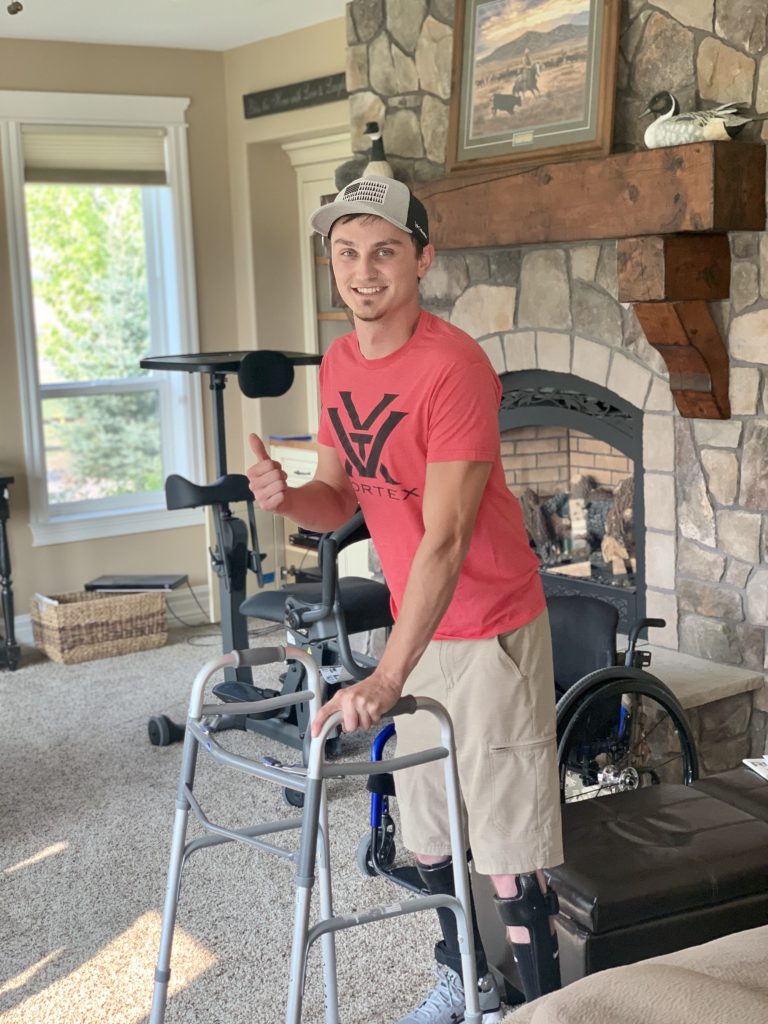

“The equipment I used at ISU is exactly what I use at Inovar. I felt they taught me what I really needed to know, and I didn’t have to learn on the job.”
Will Treasure
Treasure’s father, Dave, used to teach welding at ISU’s College of Technology, so he grew up on the ISU campus.
“My dad was always showing me programs at the College of Technology, and I always thought it was a cool place,” said Treasure. “I knew I needed a career where I didn’t have to lift anything, so my dad encouraged me to check out the robotics program.”
Instructors Shane Slack and Geran Call gave him a tour, and Treasure was hooked.“At first, I thought it was really nerdy, but the lab had interesting stuff like a real R2-D2, drones, and a 3D printer. The more I thought about it, the more I realized that robotics is part of everything. It’s in your phone; it’s in your car; it’s in anything electronic. I felt like the program could teach me to fix just about anything, and there was no shortage of job opportunities,” said Treasure.
The six-semester program did not disappoint.
“The instructors really know their stuff. One day, I was trying to figure out some coding. Shane looked at it and said, ‘That’s pretty good,’ but then he showed me some tips and tricks and I was able to cut the code in half.”
In addition to small class sizes, hands-on projects, accessible instructors and progressively more complicated coursework and projects, Treasure also appreciated the collaboration between other programs at the College of Technology.
“All of the trades and techs are really well put together,” said Treasure. “You see all the programs working together and willing to help one another.”
Treasure completed his degree in robotics and communications engineering systems technology in the fall of 2018—and he had a job lined up after graduation.
“Around the fifth or sixth semester, they encouraged us to start looking for jobs. Shane helped us with our resumes, and they were constantly bringing in potential employers for on-site interviews,” said Treasure. “It was really easy to find a job because these employers had such good experiences with previous graduates.”
Treasure accepted a position at Inovar in Logan, Utah, specializing in electronic manufacturing services for military and medical equipment. At first, Treasure worked as a service technician fixing boards at the component level. Thanks to the program at ISU, Treasure feels he was well prepared for the job.
“They expected so much out of us, and they always wanted us to do things the right way,” said Treasure. “The equipment I used at ISU is exactly what I use at Inovar. I felt they taught me what I really needed to know, and I didn’t have to go through so many hoops to learn on the job.”
The combination of being well-prepared for his career and passionate about his work led to Treasure being offered a promotion in November 2020.
“Drawing schematics at school and knowing how things functioned at work helped me get this promotion,” said Treasure. “I started at Inovar with another classmate. A lot of people asked us where we went to school because they wanted more employees like us. I have nothing but good things to say about my experience at ISU.”
Finance program receives national accolades
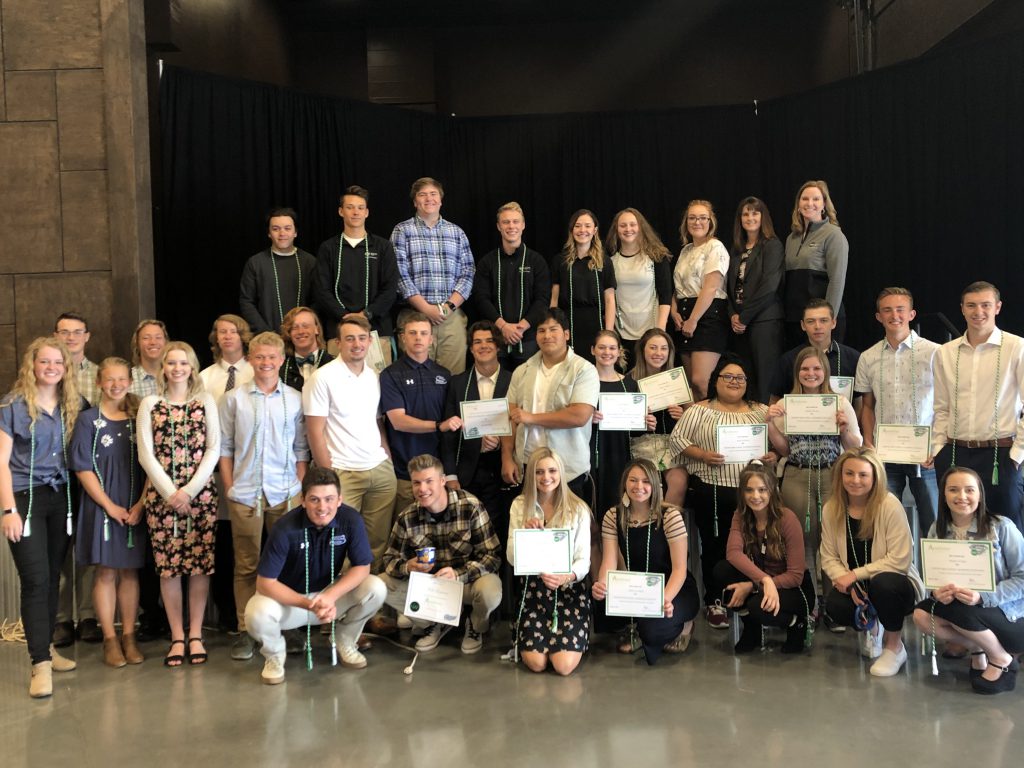

When Bev Hott started teaching business classes at the Career Technical Center at Skyline High School in 2008, only 12 students were enrolled in her accounting class.
“I taught a web course, a video course and accounting. There was no pathway or progression of courses and students started to ask, ‘Why am I taking this if it doesn’t lead anywhere?’” said Hott.
Hott, an educator with 28 years’ experience, was convinced that the answer to that question lay in giving students the classes they needed to succeed, not necessarily the courses they wanted to take. She also knew students would be more interested in her courses if they were sequenced in a way that related to the careers they were interested in.
After conducting extensive research, Hott found the National Academy Foundation (NAF), a network of education, business and community leaders who work together to ensure high school students are ready for college or a career. NAF’s approach to work-based learning and career exploration appealed to Hott. Every course contains a project component, and students can learn and apply real-world skills, like creating a business plan and pitching it to the advisory committee in the entrepreneurship class.
“We are super excited to reach the Distinguished level. The kids who have participated in the program understand what that distinction means. We want to maintain that status and keep providing this opportunity for our students.”
Bev Hott
“I also liked the fact that if students complete all the courses in the pathway and pass the certification test, they become NAFTrack Certified,” said Hott. “That means they receive preferential interviews at some of the top employers in the nation, like Lenovo, Verizon and Marriott.”
With her supervisor’s support, Hott set out to start a NAF Academy of Finance program at her school and hasn’t looked back. In the time since, Hott’s program has grown from just a dozen students to over 240, which Hott attributes to the hands-on, project-based nature of the curriculum. The program focuses on the financial pathway at its core, but it also incorporates elements of business, community service, career exploration and personal finance.
Students are encouraged to make presentations—complete with business cards—to groups like the Chamber of Commerce, Kiwanis and Civitan International, to explain what they’re doing in the program and ask for support. Through these experiences, students not only learn how to present themselves professionally but also have an opportunity to network with community leaders.
Those connections can lead to internships, visits to employers’ worksites, job shadowing and other opportunities. In fact, every student in the program is required to complete a 120-hour paid internship at the employer of their choice. If the internship is completed, it can count towards their senior project.
“Students get a chance to see what a job would be like and decide if that’s a direction they want to go,” said Hott. “Equally important, students learn that money comes from work; if you don’t work, you don’t get paid.”
Students learn to manage their hard-earned money through the personal finance course.
“It’s actually their favorite course,” said Hott. “We have a lot of guest speakers, and they learn everything from how to make a budget to how to manage credit responsibly.”
Service-learning and community service are also components of the program. In addition to partnering with the school’s student government organization to raise money and collect donations for Community Food Basket every January, they also engage in service projects at their school, like helping set up PSAT testing.
The holistic approach to applied learning and civic engagement has contributed to the program’s overall growth and quality. The program has achieved NAF’s Model level for the past two years and was one of 138 schools nationwide to achieve NAF’s Distinguished level during the 2019-2020 school year. The distinction is earned by annual assessment measures and site visits conducted by distinguished leaders, outside experts and NAF staff.
“We are super excited to reach the Distinguished level,” said Hott. “The kids who have participated in the program understand what that distinction means. We want to maintain that status and keep providing this opportunity for our students.”
Part-time teaching becomes full-time calling for Emmett teachers
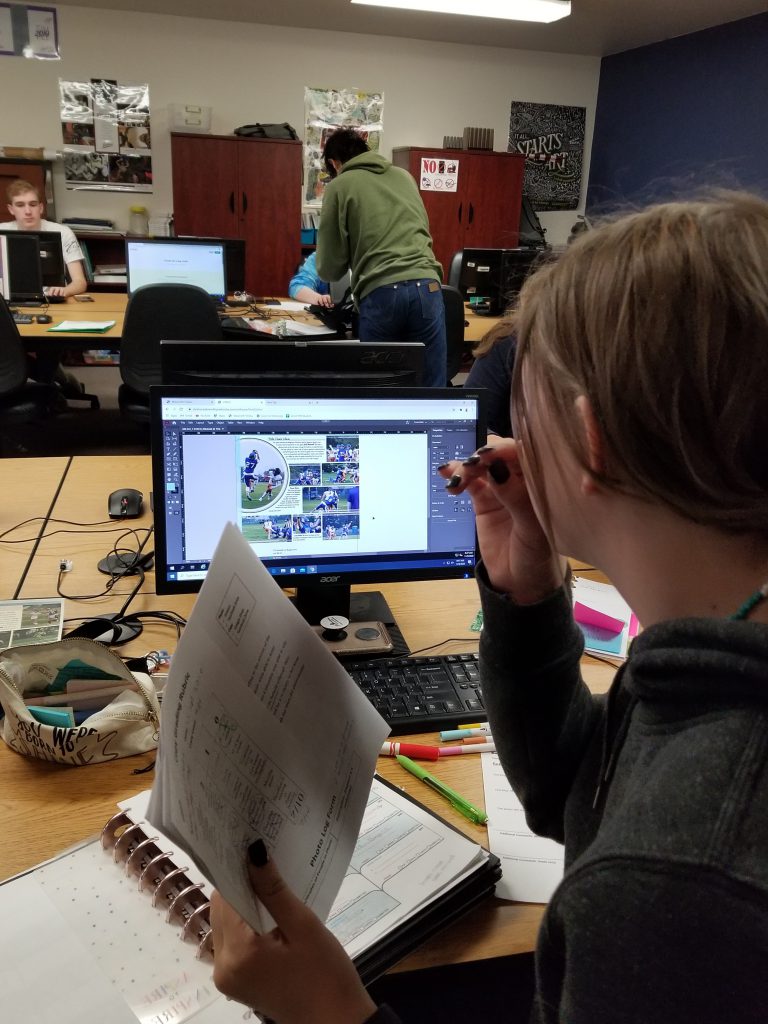

“They’re not just learning how to use industry-standard design software; they’re also learning lessons about time management, problem-solving and working as a team.”
Susan Salisbury
When Susan and Rob Salisbury started teaching Career Technical Education in the Kamiah School District, their intent was initially to provide advanced opportunities for their four children.
“The smaller school districts just couldn’t afford those types of teachers,” said Rob. “The administrators came to us and asked what it would take for us to start teaching at the school. At first, we were doing part-time IT work and teaching just a handful of classes to provide an opportunity for those kids. But soon, we both discovered we thoroughly enjoyed working with students and watching them learn.”
The part-time teaching jobs soon became a full-time calling, and when Dr. Bill Knickrehm invited the Salisburys to move from Kamiah to Emmett to start the Payette River Regional Technical Academy (PR2TA) in 2010, they jumped at the chance, with Susan teaching the graphic design classes and Rob teaching pre-engineering.
Early on, the Salisburys were committed to providing hands-on instruction and collaborating with Emmett High School (EHS) and the community to give their students real-world experience. They were also committed to empowering students to be self-directed and accountable for their progress.
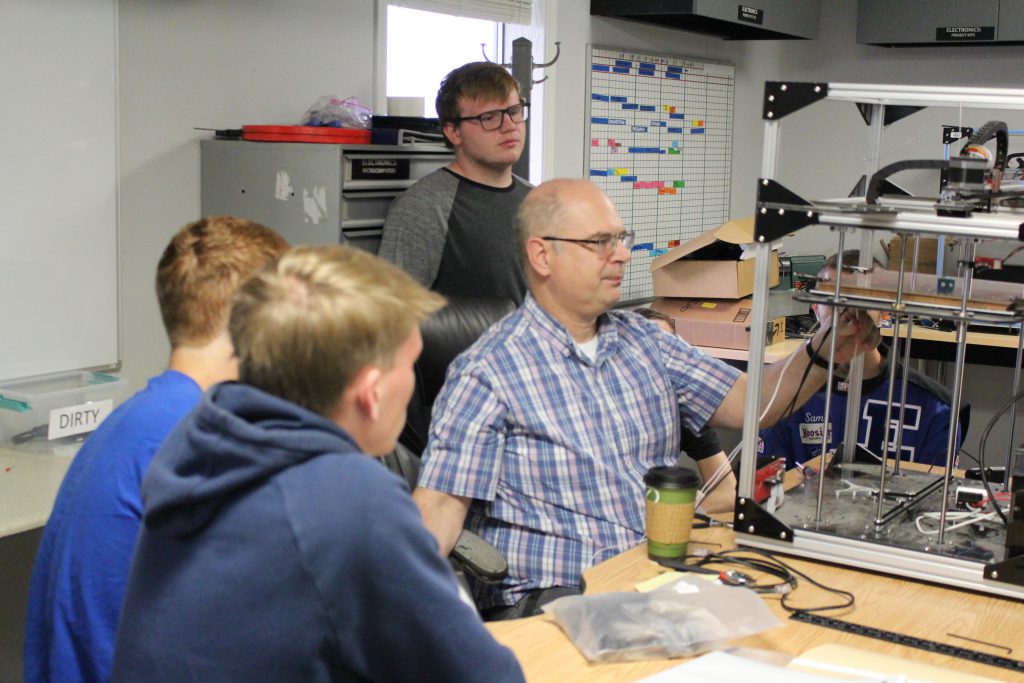
“They’re not just learning how to use industry-standard design software; they’re also learning lessons about time management, problem-solving and working as a team,” said Susan. “For example, my graphic design kids are completely responsible for laying out the EHS yearbook. The editor assigns stories and sets deadlines, not me, and the editor does daily round-robins to chart their progress.”
When PR2TA started, five of the classes were housed in mobile units on the EHS campus, and the engineering classes were held two miles off-site. Teachers and students had to get creative to ensure they could make the most of transportation time to and from EHS.
“We adopted the Agile methodology to review what we did the day before, and what we would be working on that day on the bus,” said Rob. “Students could also ask questions and troubleshoot, so when they arrived on-site, they were ready to work. And on the way back, we’d review what we did and discuss what we’d be doing the next day.”
Over a decade of dedication to quality instruction and real-world skills paid off during the 2018-2019 school year,* when both the graphic design and pre-engineering programs earned Distinguished status in IDCTE’s CTE program awards. Both programs had a 100% Technical Skills Assessments (TSA) participation rate, and a 100% pass rate for both the TSA and the Workplace Readiness Assessment.
Interest in what the Salisburys and other teachers at PR2TA were doing continues to grow, and so do their programs. In May 2020, the PR2TA board of directors seized the opportunity to purchase the old USDA building complex on Highway 16 and consolidate all the programs into one campus. Over the summer, all the PR2TA teachers worked together to assist with moving, painting and setting up classroom and lab areas.
“We are so proud of the efforts made by our teaching staff to ensure that face-to-face learning would take place beginning in August,” said Patti O’Maley, CTE coordinator for PR2TA.
Rob echoes O’Maley’s sentiment.
“We [the teachers] knew that every dollar we saved in moving and doing the work ourselves could go back into the programs, so we were only too happy to do so,” said Rob.
In fall 2020, six of the programs were moved to the new campus, and plans are in the works to remodel the kitchen to accommodate the culinary arts program and construct new buildings for auto shop, welding and agricultural science. An aviation-based curriculum is in the works, and a Cessna 150F was recently donated to PR2TA for future course offerings.
While coordinating schedules between activities at EHS and classes at PR2TA is still a challenge, students and teachers are loving the convenience of being located on the same campus—and the indoor plumbing.
“You take for granted things like not having to go outside to use the bathroom,” said Susan. “Or, we used to have to schedule meetings with other teachers, and now we can just pop down the hall.”
*Due to the coronavirus, no assessments were conducted during the 2019-2020 school year.
 Official Government Website
Official Government Website